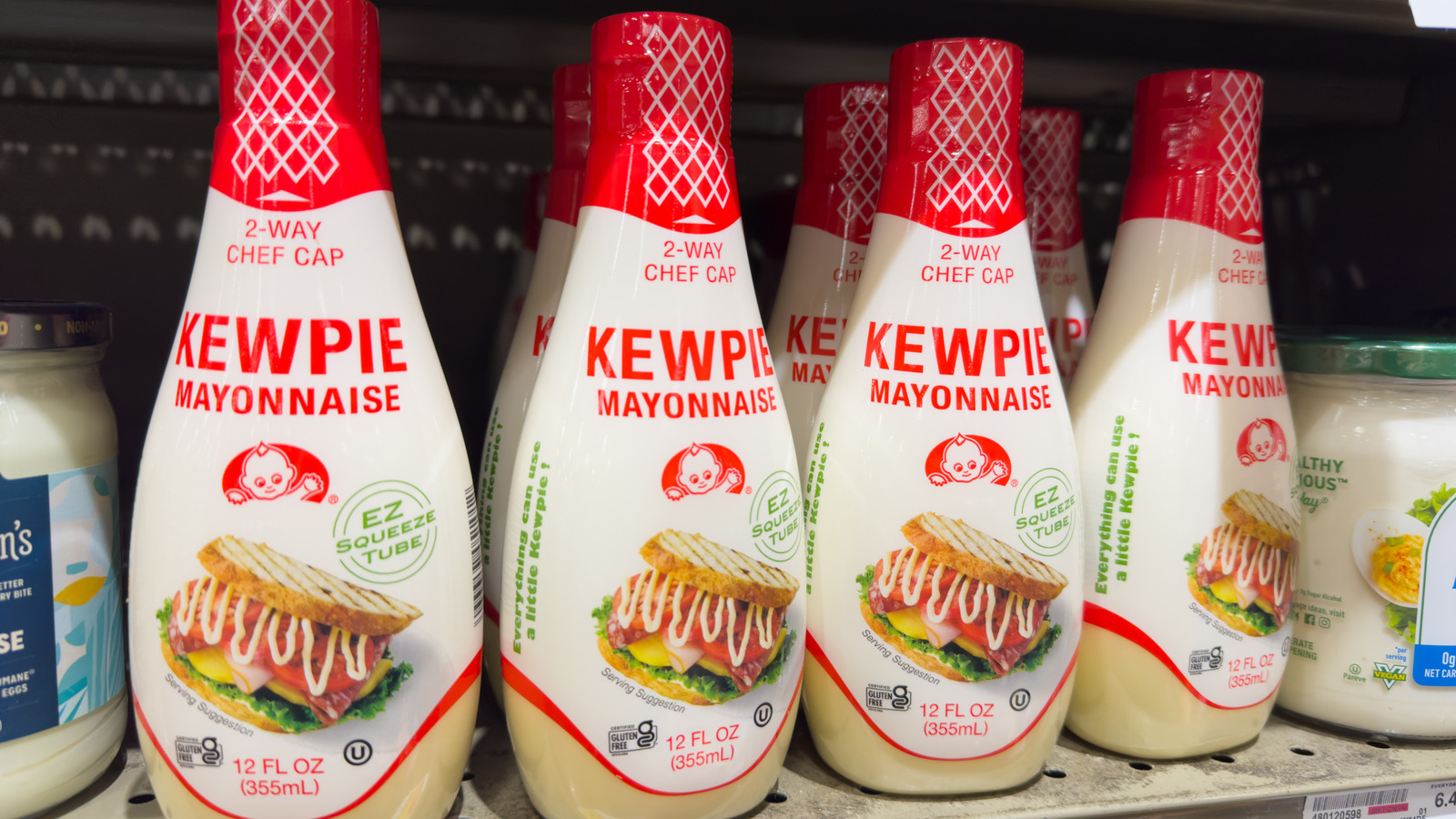Jason Furman is a former economic adviser to President Barack Obama, a professor at Harvard, and a vocal critic of tariffs.
Liz Hoffman: What happens next?
Jason Furman: Absolutely anything. I think it’s more likely that tariffs go down than up from here, but that they stay much higher than people would have imagined even two months ago. The [Stanley] Druckenmiller and [Bill] Ackman off-ramps would leave US tariffs at the same rate as Iranian and Venezuelan tariffs. And right now, that’s the good-case scenario.
President Trump sees trade deficits as a sign of weakness. What’s the best defense of trade deficits?
Imports are a wonderful thing. We get cheaper clothing, fancier Champagne, and our businesses couldn’t live without importing the components that they turn into other stuff. We’re lucky that we’re able to import more than we can export. We get a higher standard of living and more funding for business investment.
One reason Germany is poorer than the United States is that they have followed the pre-Adam Smith economic philosophy of running large trade surpluses. They’ve done that by tightening their belts, cutting back on business investment, and short-changing themselves. They save a lot and invest very little. In the United States, it’s the reverse.
The US runs big deficits in goods but big surpluses in services. Why aren’t we hearing more about retaliatory tariffs on those?
Just wait a few weeks. You are going to be seeing retaliation against the United States, concentrated especially in the service sector. Hit us where it hurts. And not just through tariffs — look at China doing antitrust investigations of Google. There’s a number of different tools to hurt our service businesses and extract money from them.
Conservatives have been saying this is deliberate and even healthy — a “controlled burn.” What do you think?
The argument that there was any deliberate attempt to make the market go down because that lowers the government’s borrowing costs or makes it cheaper to buy a house, that’s just an absurd retrofit argument that no one would have made two weeks ago, and people are just trying to rationalize what happened. If the stock market had gone up in response [to tariffs], I don’t think they would have been disappointed.
Do you think they’re serious about trying to devalue the dollar, and should we be trying to do that?
They’re all over the map. The Treasury Secretary has talked about a stronger dollar. The president, and especially JD Vance, has talked about a weaker dollar. What they think doesn’t matter. It’s their policies that matter. Tariffs tend to strengthen the dollar. [The dollar fell last week but has rebounded.] So do budget deficits and deregulation. So largely, their policy agenda is a strong-dollar agenda, which is going to matter much more than whatever it is they say they want.















